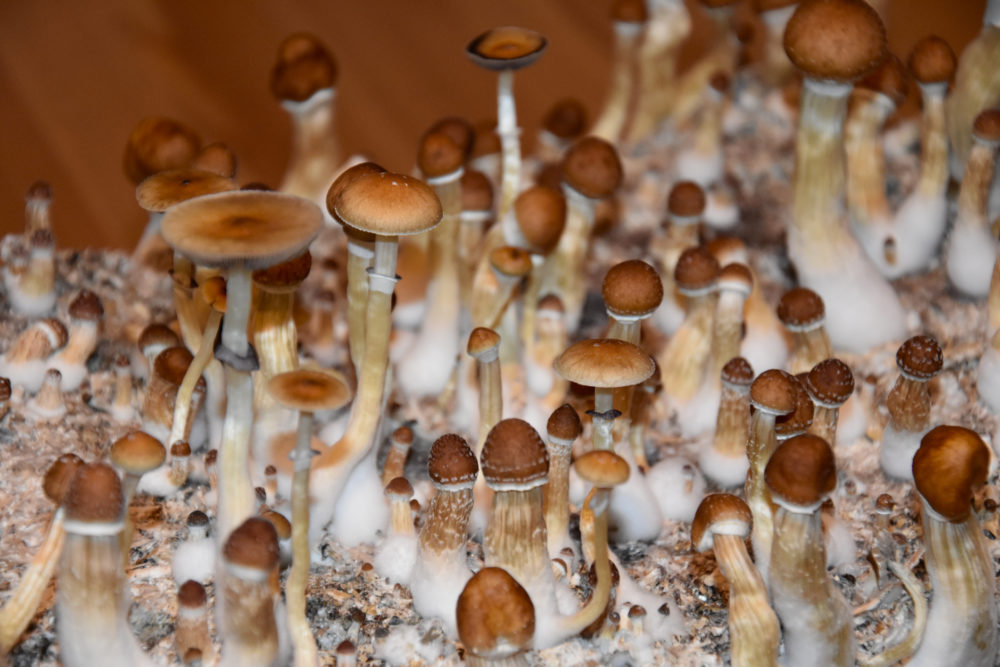Magic mushrooms as a treatment for depression took another step toward mainstream acceptance as a venture capital-backed company announced positive results from a psilocybin trial.
Compass Pathways’ psilocybin medication was “well-tolerated in healthy volunteers,” a first step in seeking approval to sell the drug, the London-based company reported in a statement. Subjects also reported “positive mood alteration” in the tests of COMP360, which is intended to treat depression that hasn’t responded to available medications.
Hallucinogenics’ reputation as a trip-inducing, illegal party drug has for long existed side by side serious research on its active ingredients for treatments to mental illnesses like depression, addiction and PTSD as well as Alzheimer’s. Johns Hopkins, which has been researching the possibilities of psychedelic drugs for almost two decades, in September opened a $17 million center dedicated to psychedelics research. That center was funded by private donors including hedge fund manager Steven Cohen’s foundation.
The study’s lead investigator said the results were “clinically reassuring and support further development of psilocybin.” The investigator, Dr. James Rucker, consultant psychiatrist and senior clinical lecturer in psychopharmacology at King’s College London’s Institute of Psychiatry, Psychology & Neuroscience, said the trial is the largest of its kind.
Compass’s treatment was designated a “breakthrough therapy” last year by U.S. FDA, which gives it an expedited approval process because it may be substantially better than products currently available. It’s running another phase IIb study in Europe and North America of 216 patients with treatment-resistant depression.
- Compass reported “no serious adverse events” and “changes in sensory perception” in the phase 1 trial of 89 healthy adults.
- Compass has raised $36.4 million from investors including Thiel Capital, according to PitchBook
- Venture capitalists invested $44.2 million into psychedelic-related ventures this year, including $43 million in Germany’s Atai Life Sciences, a developer of anxiety and depression treatments, according to PitchBook. For full year 2018, they invested almost $75 million in the sector.






















